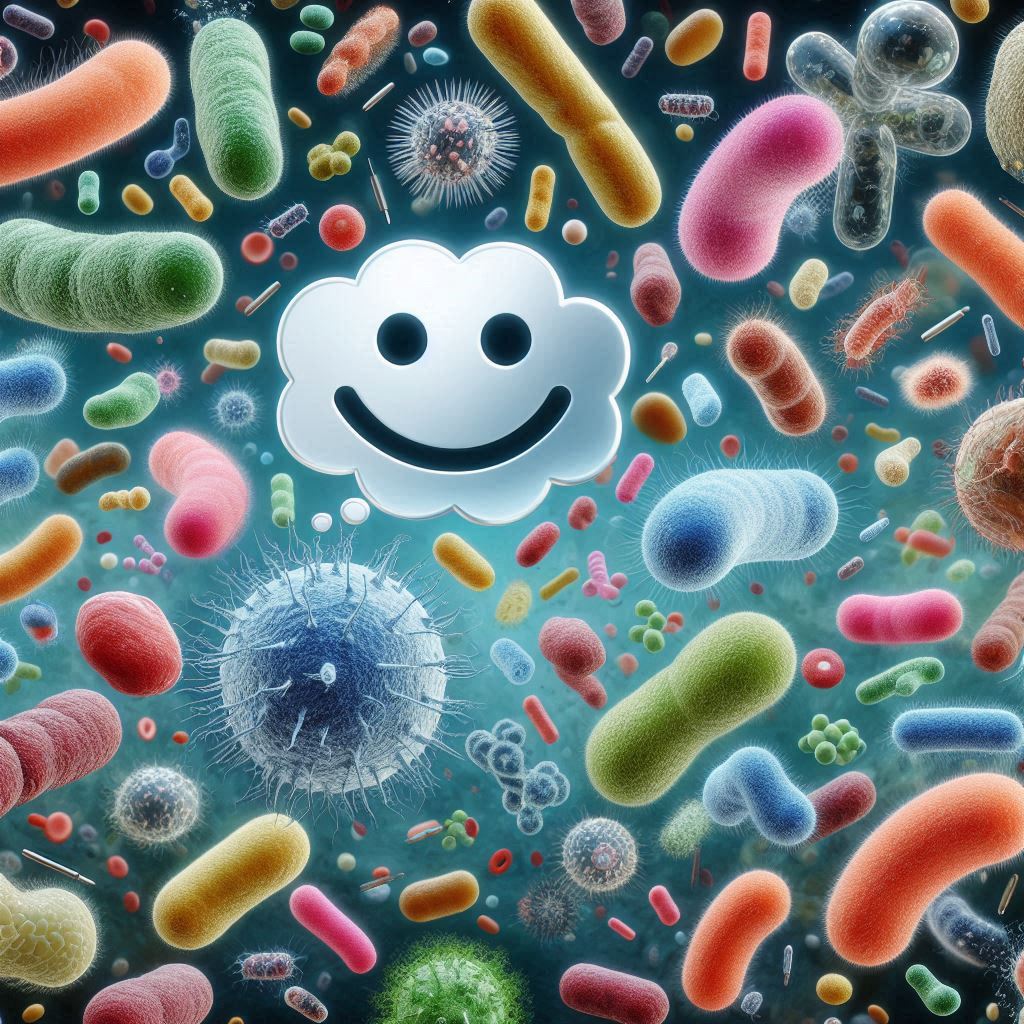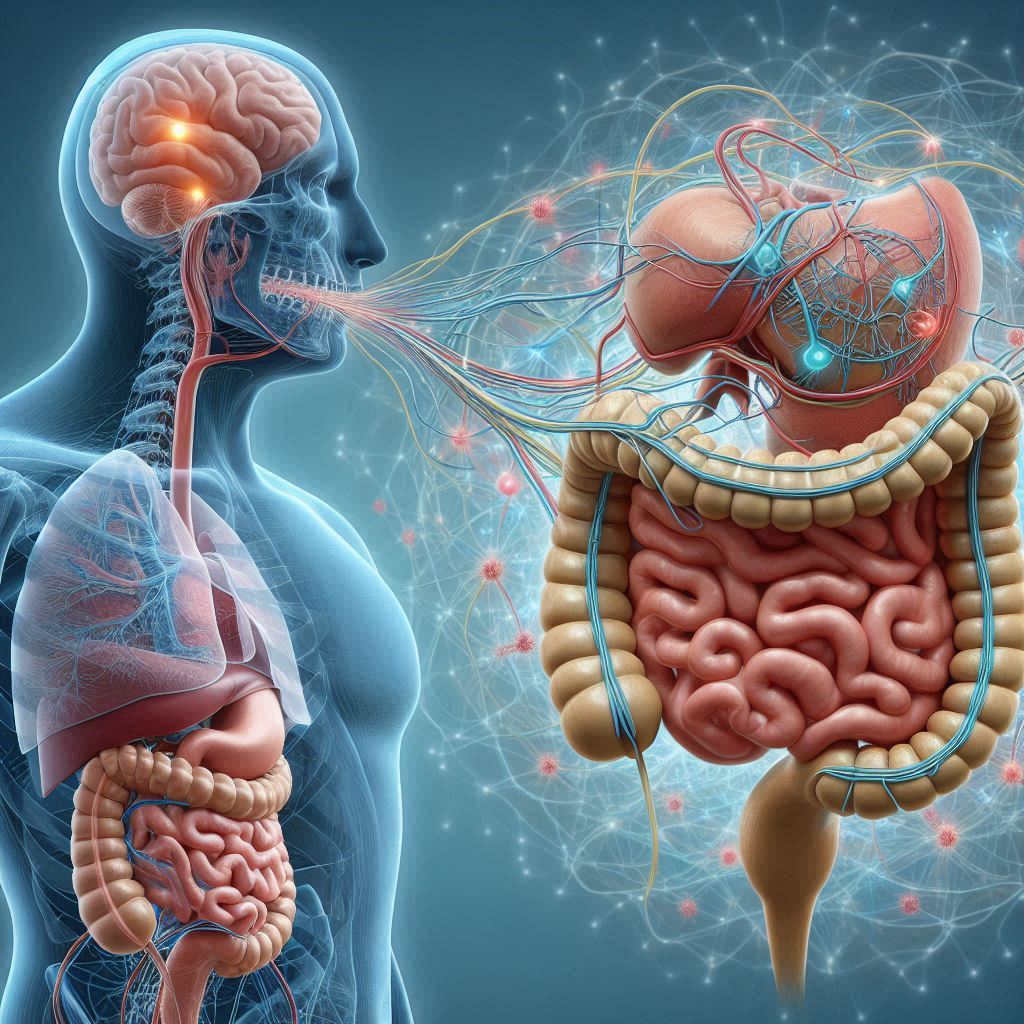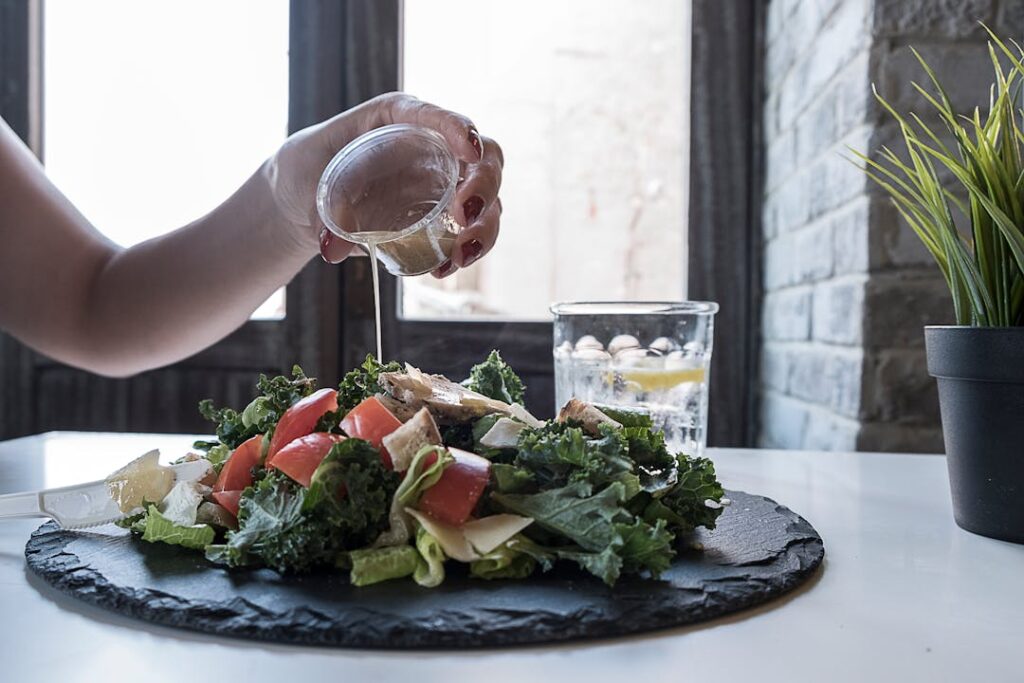We all know that gut feeling, right? That instinct telling us something’s up, whether it’s good or bad. Well, it turns out our gut is way more in tune with our brain than we thought!
As a doctor, I’ve been fascinated by the emerging research on the gut-brain connection. It’s showing us that our gut bacteria, those trillions of tiny organisms living in our intestines, play a surprisingly big role in our overall health, including our mental well-being.
Think of your gut as a second brain. It actually has its own nervous system, the enteric nervous system, which communicates directly with the brain in your head. And guess what acts as a messenger between the two? You got it – our gut bacteria!
How Do These Tiny Bacteria Affect Our Mood?

These little guys are incredibly active. They help us digest food, produce vitamins, and even influence our immune system. But here’s the mind-blowing part: they also produce neurotransmitters! These are the chemical messengers in our brains that regulate mood, sleep, and even how we respond to stress.
For example, a large portion of our serotonin, a key mood-boosting neurotransmitter, is produced in the gut! If our gut bacteria aren’t happy, our serotonin levels can dip, potentially leading to feelings of sadness or anxiety.
The Gut-Brain Connection: More Than Just a Feeling

Scientists are discovering more and more evidence that supports the gut-brain connection’s impact on our mental well-being. Studies have shown links between imbalances in gut bacteria (called dysbiosis) and:
- Anxiety and Depression: Research suggests that people with anxiety and depression often have different gut bacteria profiles compared to those who don’t.
- Stress Response: Your gut bacteria can actually influence how your body reacts to stress. An imbalance might lead to an exaggerated stress response.
- Brain Fog: Ever feel that cloudy-headed feeling? Some researchers believe gut dysbiosis may contribute to brain fog and difficulty concentrating.
So, Can We Change Our Gut Bacteria for the Better? Absolutely!

The great news is that we can influence the composition of our gut bacteria through lifestyle choices. It’s like tending to a garden – you need to cultivate the good and keep the bad in check.
Here are some things you can do to cultivate a happier gut, and in turn, a happier you:
- Eat a Diverse, Plant-Based Diet: Fruits, vegetables, whole grains, legumes, nuts, and seeds are all prebiotics – food for your good bacteria. Aim for a variety of colorful foods to nourish your gut.
- Embrace Fermented Foods: Yogurt with live cultures, sauerkraut, kimchi, kefir, and kombucha are all sources of probiotics, which introduce beneficial bacteria into your gut.
- Limit Processed Foods, Sugar, and Artificial Sweeteners: These can disrupt the balance of your gut bacteria and lead to inflammation, potentially affecting your mood.
- Manage Your Stress Levels: Chronic stress can wreak havoc on your gut bacteria. Find healthy ways to manage stress, such as exercise, meditation, yoga, or spending time in nature.
- Consider a Probiotic Supplement: While it’s best to get probiotics from food sources, a high-quality probiotic supplement can be beneficial, especially if you have digestive issues or are recovering from a course of antibiotics. Talk to your doctor before starting any new supplements.
Listen to Your Gut – It’s Talking to You!
The gut-brain connection is a fascinating and evolving field of research. What we do know is that our gut bacteria play a significant role in our overall well-being, including our mental health.
By making small changes to our diet and lifestyle, we can cultivate a healthier gut, which may just be the key to a happier, healthier you.
Disclaimer: This blog is for informational purposes only and should not be considered medical advice. Always consult with your healthcare provider for personalized medical advice.
